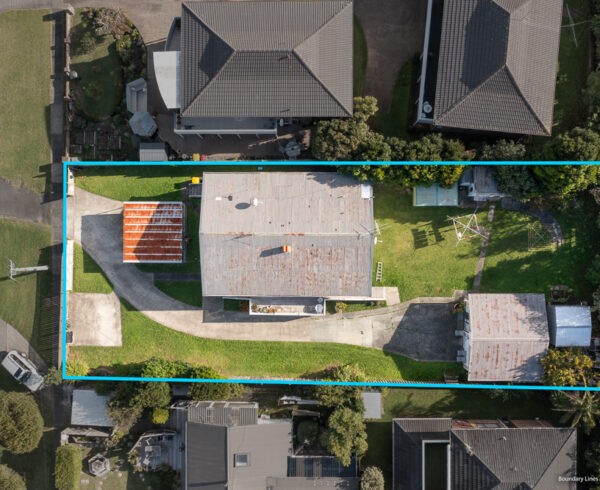The commonly held view goes something like this: All mortgagee sales go for a song because the bank just wants to get rid of the property as soon as possible to cover the debt.
Mortgagee sales can represent a great opportunity for the right buyer, in the right market, at the right time. However, the word “mortgagee” on a real estate advertisement doesn’t always equal “fire sale”.
The main point of difference with a mortgagee sale, is that the sale of the property is under the control of a financial institution rather than the owner.
What is a mortgagee sale?
When a homeowner stops making mortgage payments, the bank or lender has the power to take possession of that property, which involves a long legal process that can take six months or longer.
Such a circumstances can be the result of any number of factors, sometimes outside of the home owner’s control, for example, death in the family, sickness, unemployment or similar events. No matter the circumstances, losing the family home represents a devastating time for the mortgagor, and it is important to keep this in mind.
Before buying, it is vital to evaluate some of the well-circulated myths about mortgagee sales.
Myth #1: Mortgagee sales always represent a bargain
The price of the property will be determined more by market forces, rather than who is selling.
In a tighter market, with weaker buyer interest, some property specialists report mortgagee sales going for between 10 and 15% below market value.
In a stronger market, more buyer attention can push the price closer to the median. However, bidders at a mortgagee auction in a strong market often hold back because of their expectations of a lower price, so discounts can still be gained, particularly after the auction if the reserve is not met.
Myth #2: The bank wants to sell in a hurry
Many people think that because banks and financial institutions are not real estate agents, their only interest is to sell the property as quickly as possible.
This is true, however, there are laws governing the behaviour of lenders to ensure that the best interests of the mortgagor are maintained.
A rushed sale, without evidence of an appropriate and effective marketing campaign, will give grounds for the mortgagor to seek compensation if the result is a lower sale price than expected.
On many occasions, lenders will even avoid using the words “mortgagee sale” when marketing the property to avoid any perception of de-valuing the property in the marketplace.
Selling at a low price before auction can attract scrutiny of regulators, so it’s in the lender’s best interest to ensure all the boxes are ticked before and during the sale.
Myth #3: The level of debt determines the price
The common myth goes something like this: Because the bank only wants to recover their debt, that will be the key factor in the price. So if the mortgagor owned $150,000 on a $450,000 house, all the bank wants is $150,000.
However, although the mortgagors are no longer the owner of the house, they retain rights under law to ensure the house is sold for a reasonable price, and will receive the proceeds once the debt and costs are paid. It is in their best interests, to monitor how the sale proceeds.
Myth #4: The bank will accept any price, as long as it covers the loan
By law, a lender must undertake a lengthy process before the sale, which includes setting the price through an independent, certified valuation.
So, as always, it is the responsibility of the prospective buyer to do their homework into the recent prices of similar properties sold in the local market.
There are several risks involved with buying at a mortgagee sale, for example, there is no guaranteed vacant possession, and the new owner may be liable for any outstanding rates, body corporate fees or other payments.
Lenders are not required to supply building reports or disclose unapproved construction work.
So it’s important to take the time to do your own research and ask your Harcourts Sales Consultant about these risks. Check the sale and purchase agreement carefully before committing.
In the right market, a mortgagee sale can lead to bargains for buyers. However, to put it in context, a mortgage sale is about buying from a non-emotive, straight-forward vendor, offering a property that has gone through an informed, professional, independent pricing assessment.







Recent Comments